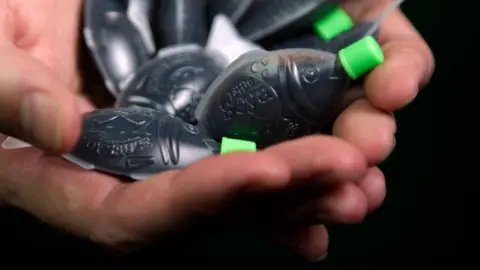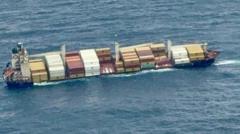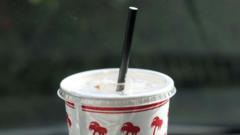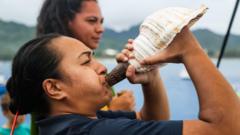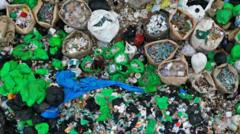In a significant move against plastic pollution, South Australia has announced that it will ban the sale of fish-shaped soy sauce containers starting September 1. This decision falls under a broader initiative to eliminate single-use plastics in the state, as highlighted by Environment Minister and Deputy Premier, Susan Close.
These iconic containers, commonly found in Asian restaurants around the world, are utilized for mere seconds before becoming environmental pollutants, often remaining in nature for decades or even centuries if discarded improperly. Close emphasized that each fish-shaped container is used for just seconds, yet remains in the environment for decades or centuries if littered.
The ban will prevent shops and businesses in South Australia from distributing pre-filled 30ml soy sauce containers that have a lid, cap, or stopper. This policy builds upon previous environmental regulations enacted in 2023 which also prohibited single-use items like supermarket carrier bags, plastic straws, and more.
The South Australian government aims to reduce pollution levels, lower carbon emissions, and protect marine life through this legislation. Although the soy sauce containers are made from recyclable polyethylene, their small size hinders effective recycling processes, leading to most of them ending up in landfills or the ocean.
Originally invented in Japan by Teruo Watanabe in 1954, these dispensers transitioned from ceramic and glass to plastic, becoming a popular accessory for sushi takeaways. Despite the ban on the small containers, larger soy sauce bottles and sachets will still be available for customers.
The Australian government recognizes the urgency of addressing plastic pollution, projecting that without action, the annual flow of plastic waste into the ocean could triple by 2040, reaching 29 million metric tonnes per year. In a global plastics waste management comparison, Australia ranks 7th out of 25 nations for its efforts to control plastic pollution.

